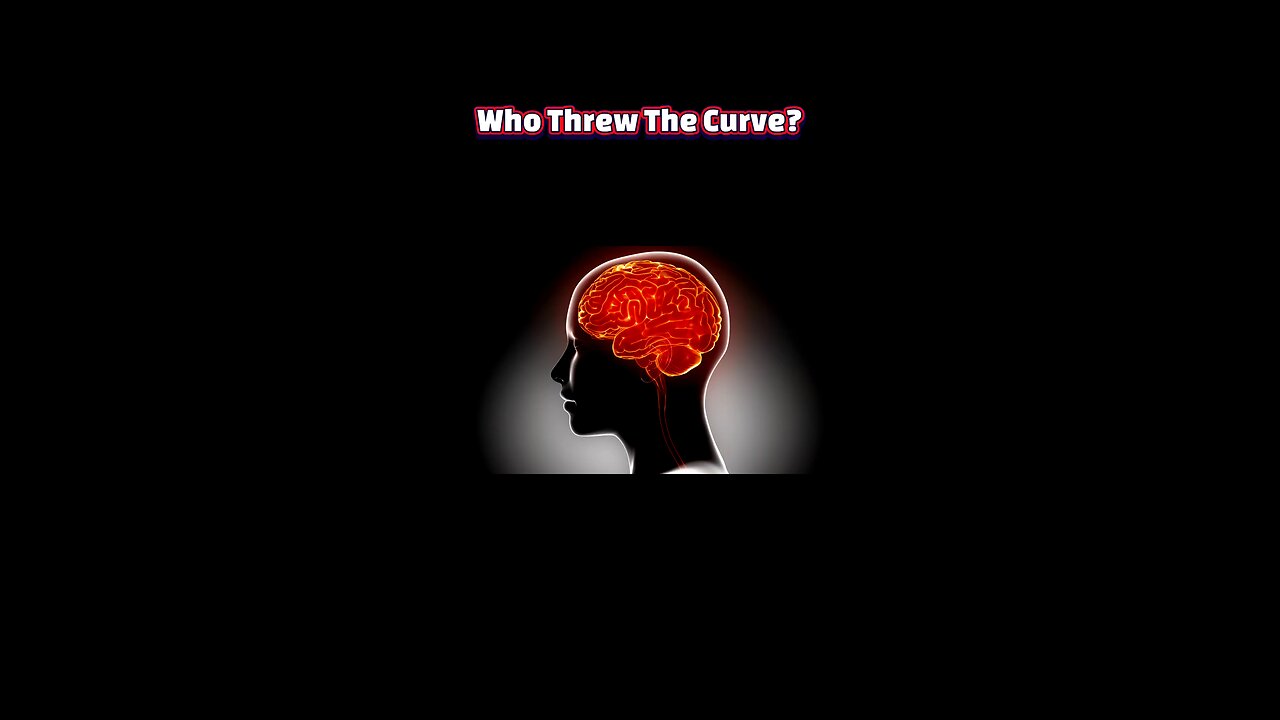Premium Only Content

Brain Reset: Navigating the Journey to a Healthier Mind
#BrainRecovery #AddictionRecovery #Neuroplasticity #MentalHealthMatters #ResetAndRebuild #addicts #addict #drugs
The Brain Under Siege:
Substance abuse disrupts the brain’s reward system through a surge of dopamine, far exceeding what natural pleasures provide. This overwhelming change rewires neural pathways and dulls the brain’s natural ability to feel pleasure from everyday activities.
Neurochemical Overload:
With repeated substance use, the brain learns to expect the unnatural dopamine high, leading it to reduce dopamine receptor sensitivity. This phenomenon, known as tolerance, forces the brain to recalibrate its signaling—a process fundamental to recovering its “normal” functioning.
The First Steps of Recovery:
After cessation, the brain begins a slow journey toward restoration. In the acute withdrawal phase (lasting about one to two weeks), intense cravings and discomfort surface as your body attempts to stabilize without the substance’s artificial input.
Early Abstinence Hope:
Moving into early abstinence (roughly one to three months), many experience gradual improvements in mood and cognitive function. During this time, dopamine begins to edge toward normal levels, though the vulnerability to relapse remains high, making supportive interventions crucial.
Stages of Neurological Rewiring:
Recovery is not instantaneous. Specific brain regions—like the prefrontal cortex, basal ganglia, and amygdala—undergo distinct recovery trajectories. While the prefrontal cortex, responsible for decision-making and impulse control, may take the longest to recover fully, even small improvements can help rebalance behavior over time.
Individual Recovery Timelines:
Recovery timelines vary. Some studies have noted significant brain improvements after only one month of abstinence, with near-normal imaging in cases after 14 months. However, individual factors—such as duration of abuse, substance type, and wellbeing supports—play critical roles in how quickly the brain can recover.
The Promise of Neuroplasticity:
The brain’s remarkable plasticity means that with time and consistent effort, lost neural pathways can be rebuilt. This rewiring process is gradual and involves not just the cessation of substance use, but also behavioral therapies, lifestyle changes, and community support that help replace toxic patterns with healthier ones.
A Journey of Resilience:
While full recovery spans anywhere from months to years, even incremental progress builds a foundation for a healthier, more balanced brain. Embracing patience and persistence, along with professional guidance, can ultimately guide the brain—and the person—to reclaim its natural state of wellbeing.
-
 1:05:30
1:05:30
vivafrei
4 hours agoCharlie Kirk Assassination FBI Updates - With FBI Whistleblower Kyle Seraphin
200K105 -
 1:59:22
1:59:22
The Quartering
4 hours agoJustice For Charlie Kirk! FBI Releases Photo Of Shooter, Mass Firings For Those Who Celebrate!
246K145 -
 36:31
36:31
Stephen Gardner
3 hours ago🔥NEW: FBI's Bombshell Reveal on Charlie Kirk Assassin!
62.2K130 -
 LIVE
LIVE
RealAmericasVoice
3 days agoHOME OF REAL NEWS
8,618 watching -
 1:21:52
1:21:52
The HotSeat
2 hours agoThe Manhunt Is Underway! Time Is Running OUT!
38.8K20 -
![[Ep 746] Remembering: Charlie Kirk, 9/11, Benghazi | Guests Dave Bray [USA] & Tim Cruickshank](https://1a-1791.com/video/fww1/56/s8/1/i/-/-/g/i--gz.0kob.2-small-Ep-746-Remembering-Charlie-.jpg) LIVE
LIVE
The Nunn Report - w/ Dan Nunn
3 hours ago[Ep 746] Remembering: Charlie Kirk, 9/11, Benghazi | Guests Dave Bray [USA] & Tim Cruickshank
206 watching -
 22:31
22:31
Jasmin Laine
2 hours agoMSNBC Analyst FIRED in Disgrace Over Charlie Kirk Remarks—FBI Launches $100K Manhunt
21.8K36 -
 58:15
58:15
The Tom Renz Show
2 hours agoRIP Charlie Kirk - Updates On America’s Turning Point
18.1K13 -
 31:05
31:05
Uncommon Sense In Current Times
2 hours ago $0.04 earnedCharlie Kirk Assassinated: Why Silence nor Anger is Not an Option
11.3K4 -
 54:06
54:06
Ben Shapiro
4 hours agoEp. 2278 - UNTHINKABLE: Charlie Kirk, 31, Assassinated
73.5K127